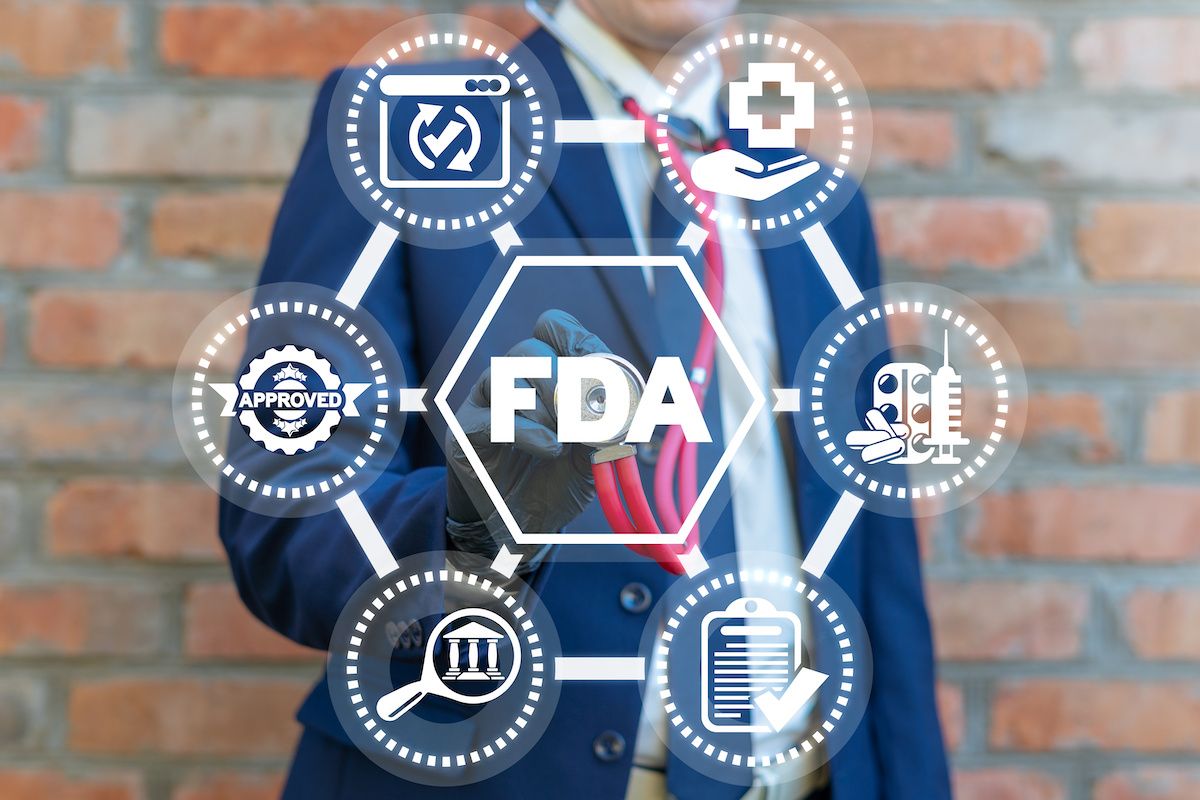- Bone Health
- Immunology
- Hematology
- Respiratory
- Dermatology
- Diabetes
- Gastroenterology
- Neurology
- Oncology
- Ophthalmology
- Rare Disease
- Rheumatology
FDA Approves Imuldosa, a Biosimilar to Stelara
Imuldosa (ustekinumab-srlf) is the fifth ustekinumab biosimilar referencing Stelara to receive regulatory approval in the US.
The FDA has approved Imuldosa (ustekinumab-srlf), a biosimilar referencing Stelara (ustekinumab), for the treatment of autoimmune diseases such as plaque psoriasis, psoriatic arthritis, Crohn disease, and ulcerative colitis.1
Imuldosa (ustekinumab-srlf) is the fifth ustekinumab biosimilar approved by the FDA, following the approvals for Otulfi (ustekinumab-aauz), Psychiva (ustekinumab-ttwe), Wezlana (ustekinumab-auub), and Selarsdi (ustekinumab-aekn). | Image credit: wladimir1804 - stock.adobe.com

Stelara is one of the highest-grossing biologics in the US, generating $10.86 billion globally in 2023. Additionally, US sales for Stelara reached $6.4 billion in 2022, according to Johnson & Johnson's annual financial report. It’s also 1 of the first 10 medications selected by CMS for drug price negotiation, which will go into effect at the start of 2026. Due to patent litigation settlements, companies are not allowed to launch their ustekinumab biosimilars until early 2025.
Ustekinumab products are used to treat moderate to severe plaque psoriasis, psoriatic arthritis, Crohn disease, and ulcerative colitis.2 Ustekinumab is a humanized immunoglobulin G1k (IgG1k) monoclonal antibody used to treat psoriatic arthritis, plaque psoriasis, and inflammatory bowel disease, which is an umbrella term for Crohn disease and ulcerative colitis. IgG1k antibodies bind to the p40 protein subunit utilized by interleukin (IL)-12 and IL-23 cytokines.
The approval of Imuldosa comes shortly after the FDA approved Otulfi (ustekinumab-aauz) in September 2024. It is the fifth ustekinumab biosimilar to be approved for the US market, following those for Pyzchiva (ustekinumab-ttwe) in July 2024, Wezlana (ustekinumab-auub) in November 2023, and Selarsdi (ustekinumab-aekn) in April 2024. Pyzchiva was created by Samsung Bioepis, Wezlana was developed by Amgen, and Selarsdi was developed by Alvotech and will be marketed in the US by Teva Pharmaceuticals as part of a commercialization partnership.
Imuldosa was developed jointly by Dong-A ST, a Seoul, Republic of Korea-based company, and Meiji Seika Pharma.1 It is 1 of 3 biosimilars being developed by Dong-A ST, the other 2 of which are in preclinical phases and have not been disclosed. It is also the second overall approval for a product developed by company, following the 2014 approval for Sivextro (tedizolid phosphate).
In July 2020, the rights for research and development and commercialization were transferred from Dong-A Socio Holdings to Dong-A ST to enhance project management. The following year, in July 2021, Dong-A ST and Meiji Seika Pharma entered into a global license agreement with Intas Pharmaceuticals, which will commercialize the biosimilar through its global subsidiaries, including Accord BioPharma in the US and Accord Healthcare in the European Union, UK, and Canada.
References
1. US FDA approves Dong-A ST’s Imuldosa (ustekinumab-srlf), a biosimilar to Stelara. Dong-A ST. Press release; October 11, 2024. Accessed October 11, 2024. https://www.businesswire.com/news/home/20241011360476/en/US-FDA-Approves-Dong-A-ST%E2%80%99s-IMULDOSA%E2%84%A2-ustekinumab-srlf-a-Biosimilar-to-STELARA%C2%AE
2. Unique mechanism of action. Stelara website. Accessed October 11, 2024. https://www.stelarahcp.com/plaque-psoriasis/mechanism-of-action/
Newsletter
Where clinical, regulatory, and economic perspectives converge—sign up for Center for Biosimilars® emails to get expert insights on emerging treatment paradigms, biosimilar policy, and real-world outcomes that shape patient care.
